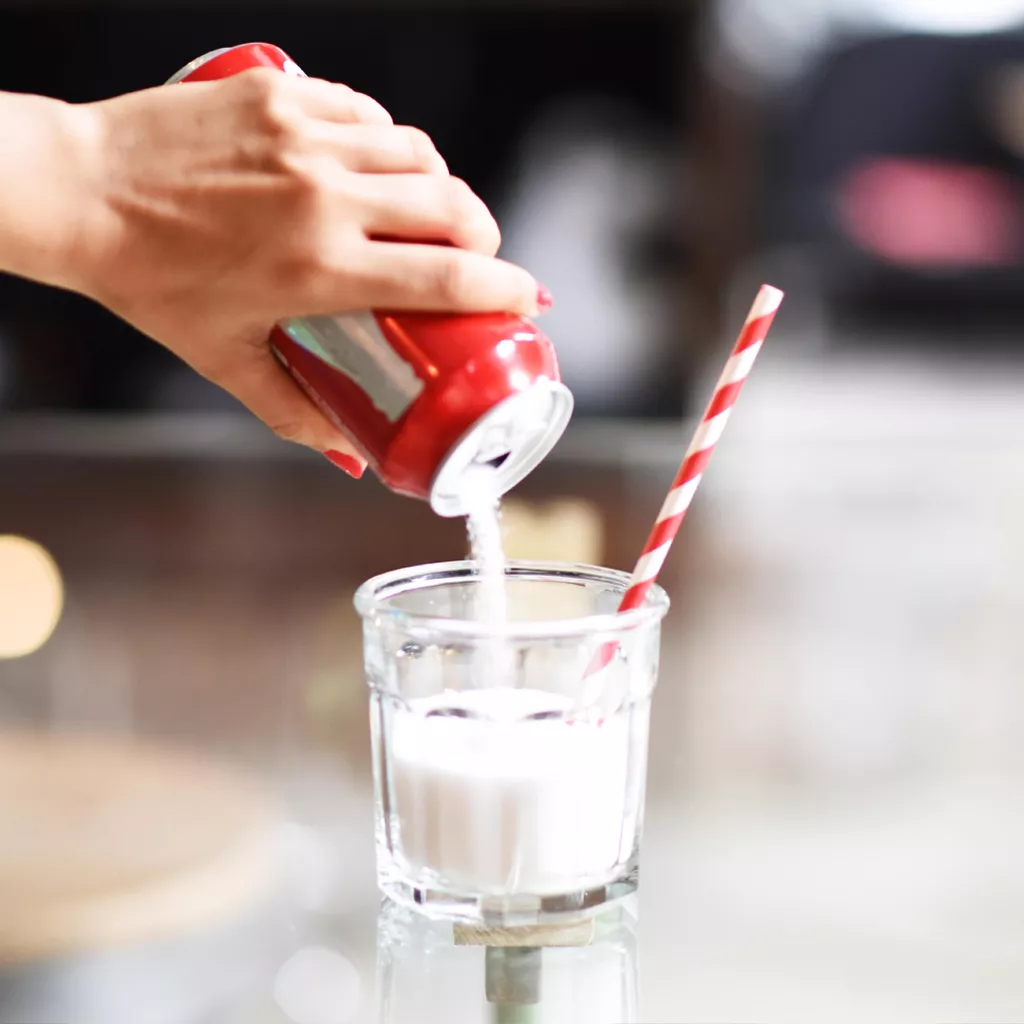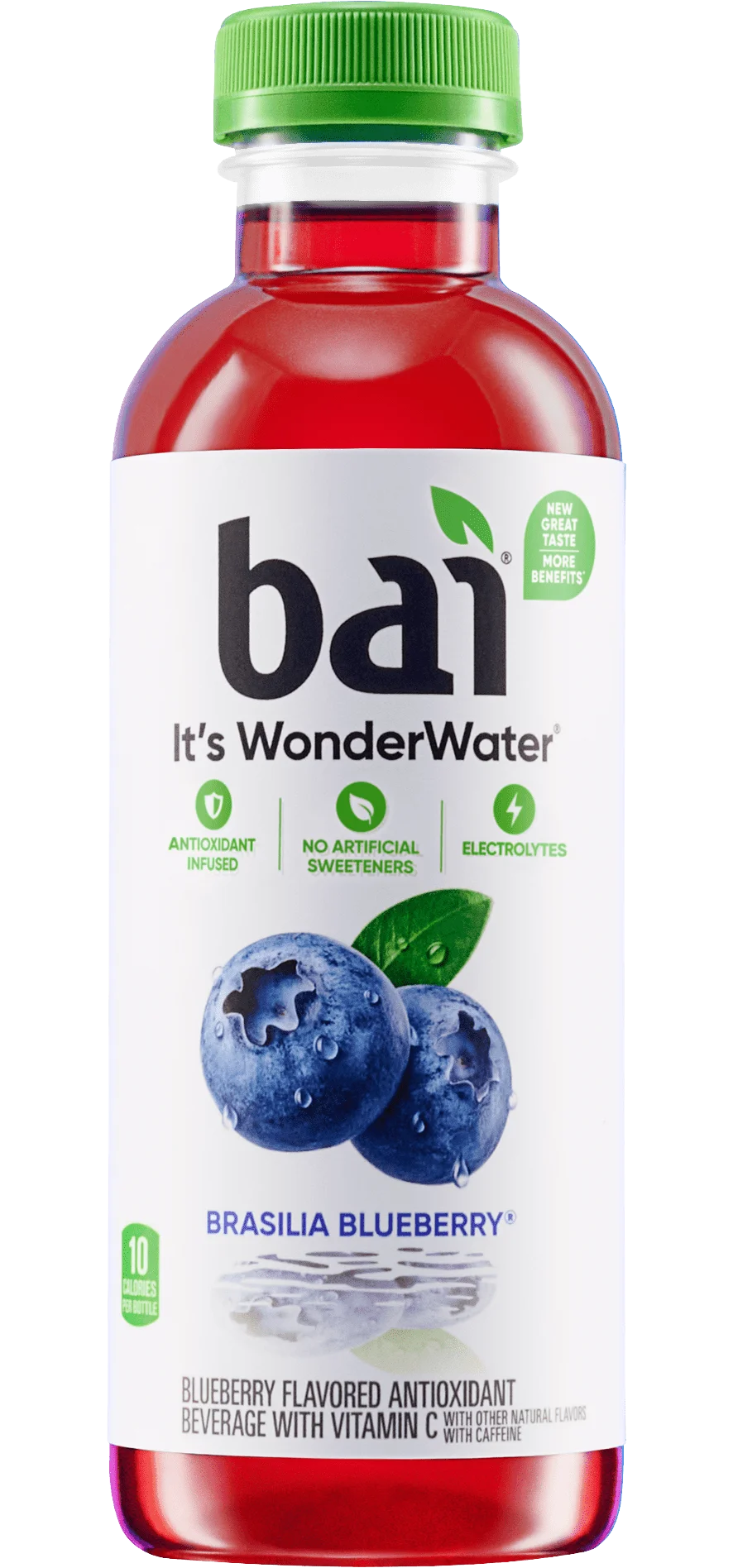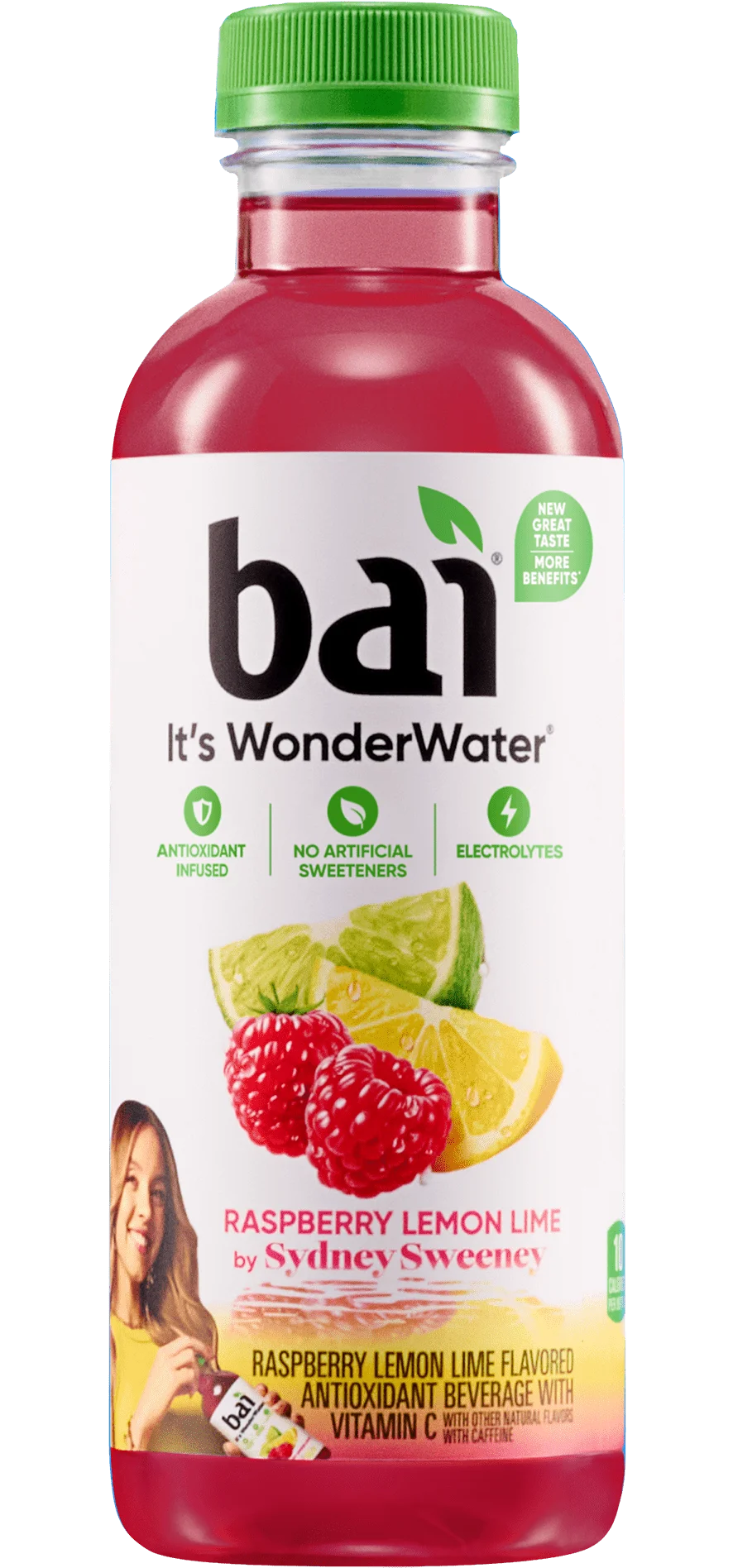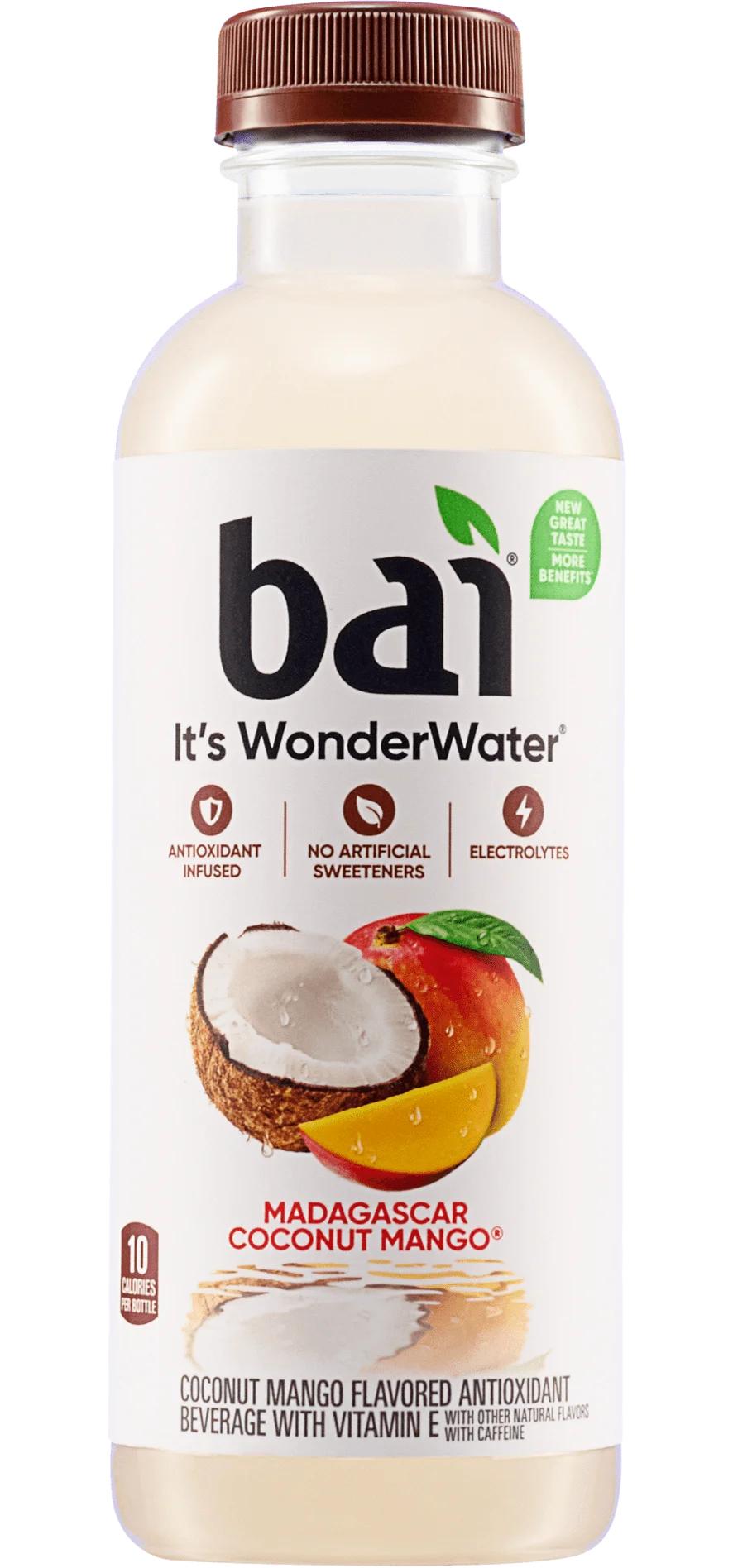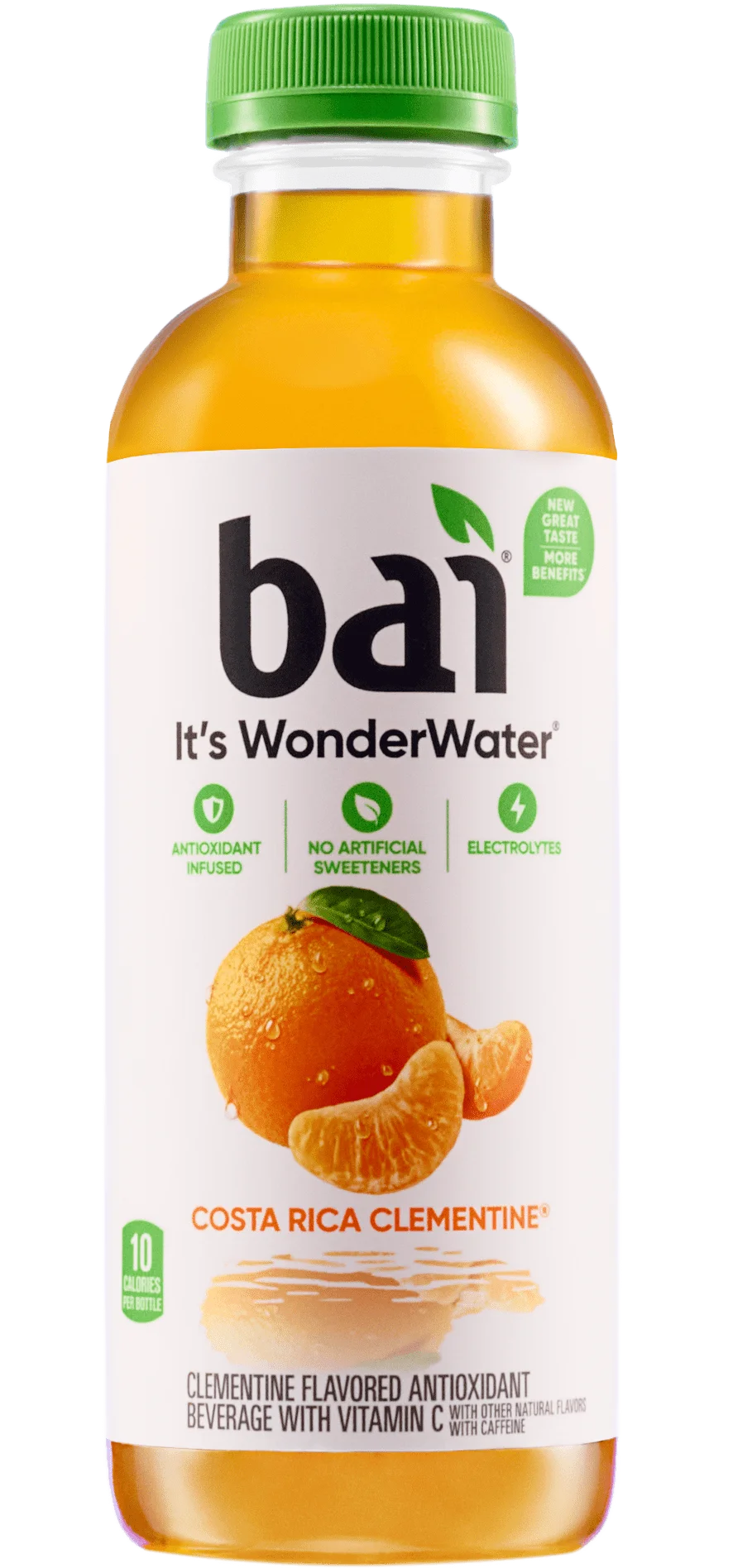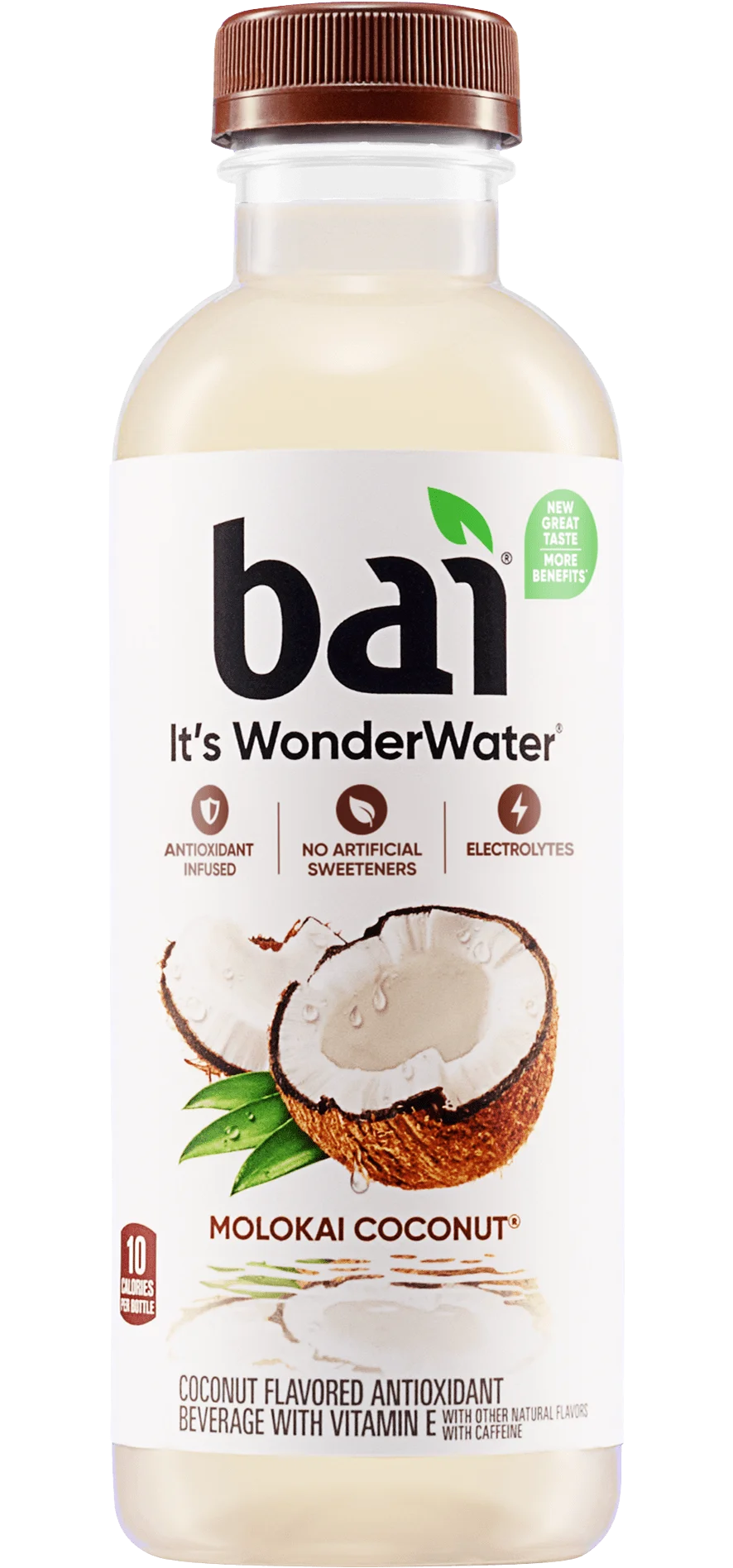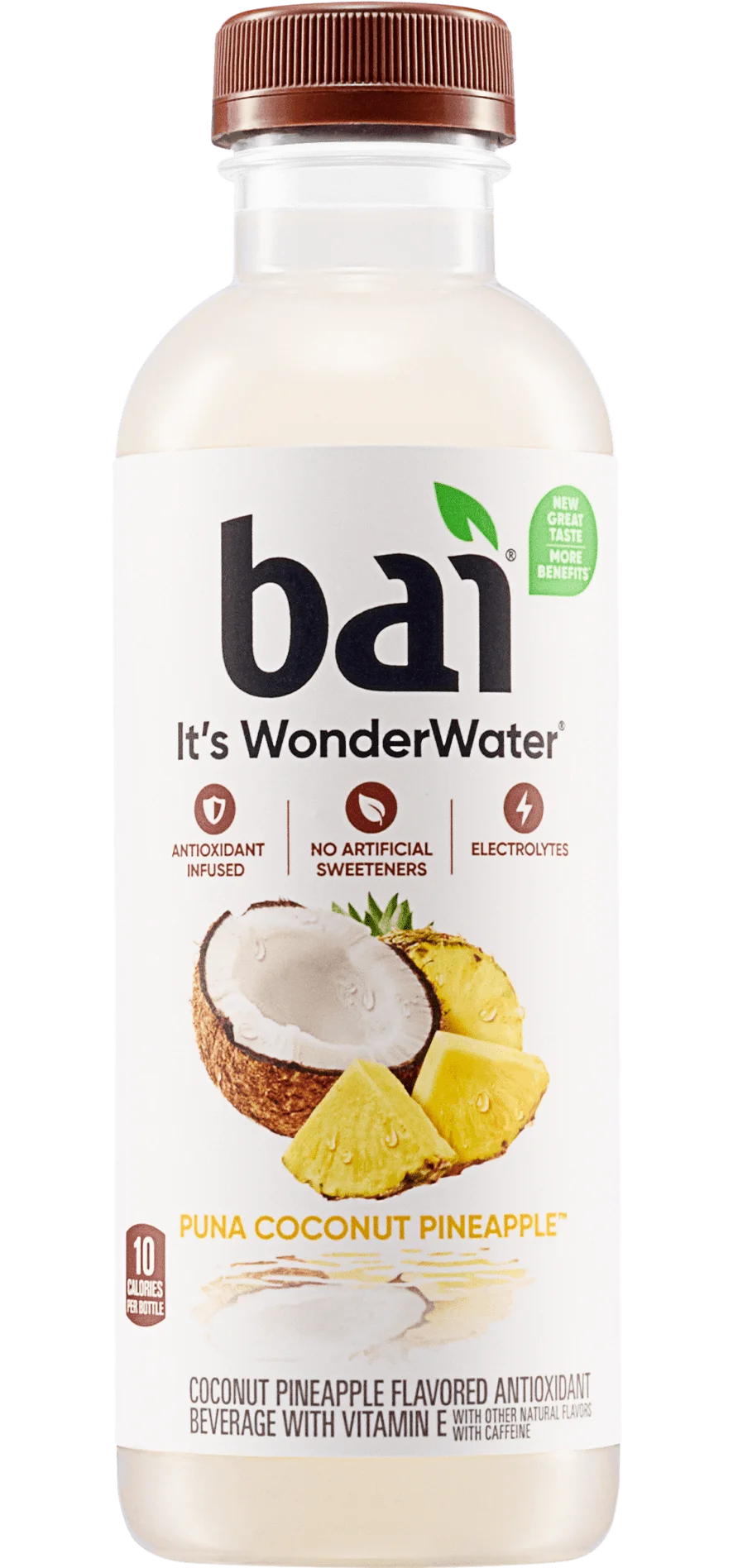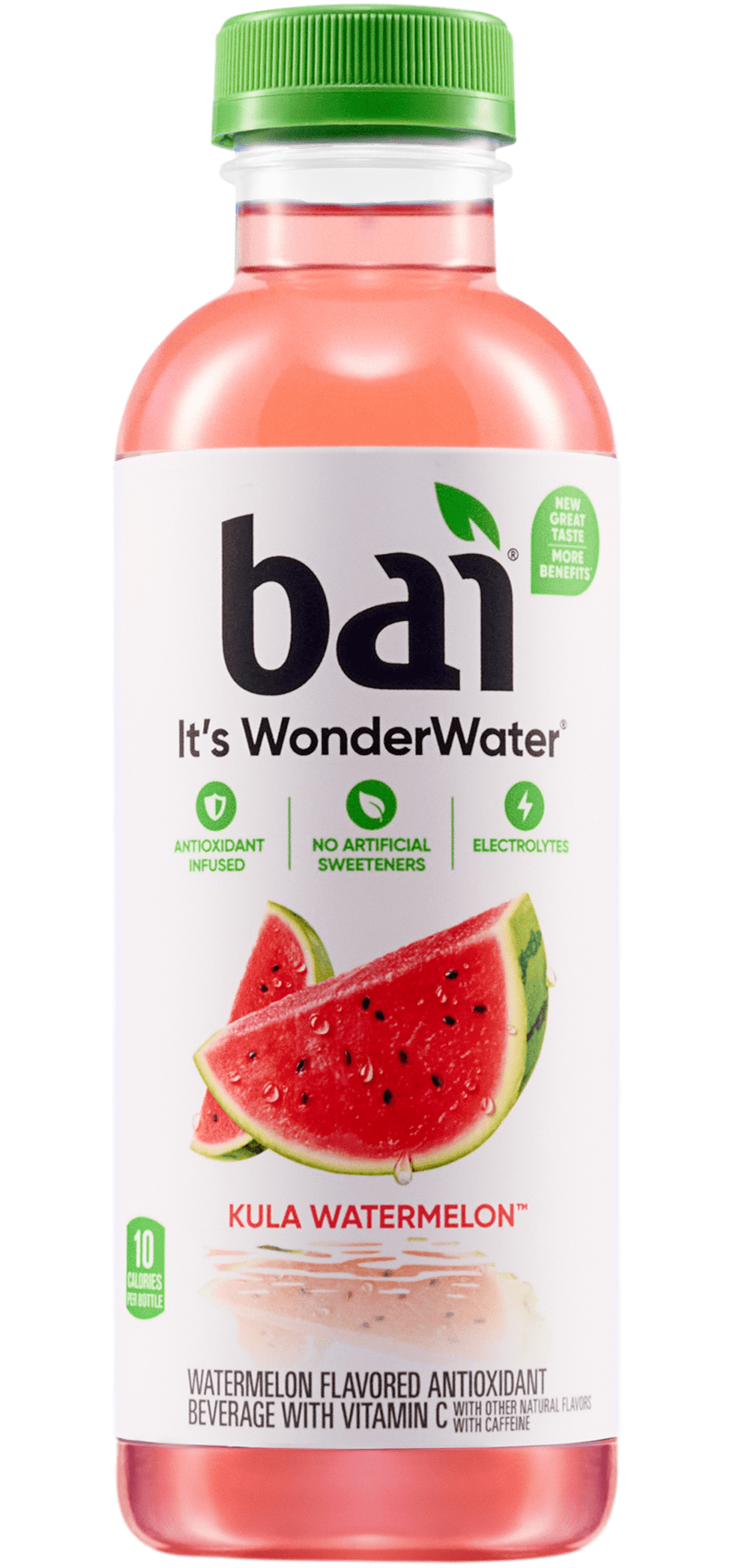Studies show that when you’re struggling to pinpoint the starting line for ‘healthifying’ your lifestyle, whether it be for a 180-degree change or just a start-of-summer spark, the first place you should look is your glass.
Knowledge is Power
A study posted in the Journal of the Academy of Nutrition and Dietetics compared subjects’ consumption of sugary sodas to their knowledge of how the drinks affected their health. The people that neither agreed nor disagreed with the statement “drinking sugar-sweetened beverages can contribute to weight gain” were the ones most likely to drink two or more sodas per day. People who explicitly disagreed with the statement were also likely to rack up the fluid ounces. So what does this all mean? Why does it matter, beyond being able to narrow down whose darn Coke 12-pack is taking up all the room in the fridge? The big take-away: truly educating yourself about the impact sugary sodas can have on your weight is the first step in making a smart decision about how often you reach for that can of pop. Can’t figure out where to find said info? Step into our office:
Chew Your Calories
A second study reported in the J Acad Nutr Diet concluded that consumption of liquid calories was one of the top three influencers for long-term weight gain. Researchers discovered that, compared to non-sugary soda drinkers, people who consumed a lot of calories from sodas did not in turn consume fewer calories from solid foods. Essentially, even though the study participants were racking up their calorie count with an afternoon cola, they weren’t becoming any less hungry than they would have been had they refrained from cracking it open. What soda drinkers did statistically do, however, was gain weight.
In turn, when the participants reduced their sugary soda consumption, significant weight loss ensued. The big take-away: reducing liquid calories, not necessarily overall calories, has an extremely strong effect on sustainable weight loss. To put it into snacking perspective, 200 calories from a nice juicy ripe mango (naturally-occurring and therefore the ‘good’ kind of sugar) will satisfy you a lot more than a 200 calorie soda, even if it’s in a drinkable form.
Don’t Just Dump Regular for Diet
Great! So we’re all on the same page- sugary soda isn’t the way to go when thirst or your sweet tooth kick in. But don’t give yourself a pat on the back quite yet (don’t worry- it’s coming), because swapping out your red can for a silver one isn’t the key either. The Yale Journal of Biology and Medicine published a study focusing on diet sodas in relation to weight gain, and the results aren’t something to flick a cap at. Diet sodas are sweetened with man-made chemical compounds that are all exponentially sweeter than sugar, such as saccharin, aspartame, and sucralose, just to name a few. The researchers that conducted the study expected to see diet soda drinkers consume an overall lower amount of calories compared to their sugar-loaded-soda-consuming neighbors. Plot twist: they were wrong!
Subjects who consumed diet sodas on a regular basis showed an overall increase in weight, waist circumference and BMI over a 7-8 year period. The researchers speculate that when people are aware of the calories they save by switching their calorie-rich soda for a calorie-void one, they overcompensate. This happens even subconsciously, because the diet soda doesn’t cure sugar cravings that your body is expecting to satisfy by sipping it down. In fact, since the sweeteners used are so much more intense than table sugar without the actual calorie pay off, cravings become stronger. It’s like your brain’s hunger responses saying “I didn’t spend any money by buying that pair of flip flops, so I think I’ll reward myself with some new red bottoms” (as tempting as that sounds). The big takeaway: if your body is used to that sugary rush from a regular soda, it won’t be too happy when you sip down a flavor imposter. Another point to think about: the caramel color that gives dark sodas, diet or not, their rich brown hue is considered to be a possible human carcinogen, AKA a cancer causing agent.
Say Good-Bai to Soda For Good
Although there’s no true ‘quick fix’ when it comes to feeling good on the inside or looking good on the outside, we’re strong believers in the concept that a small change can make a big difference. Cutting soda out of your daily ritual can truly make a caloric dent in the long run. Depending on the type, regular soda typically clocks in at an average of 150 calories per can. If you replace your daily afternoon pick-me-up pop with a low-calorie replacement, you can save yourself 1,050 calories each week and a whopping 54,750 each year. Since 1 pound of fat equates to roughly 3,500 calories, cutting one soda per day alone can help you drop roughly 15 pounds in a year (these numbers are even higher if your soda of choice comes in a single-serve bottle). Stop the sugar-craving cycle by kicking the can for good. Eventually, your body will forget that it once longed for that afternoon sugar spike, and will work like a well-oiled machine again.
Being willing to give up these calories doesn’t mean you have to compromise flavor. After all, how is anything going to pick you up if it’s not enjoyable? Your best bet is to reach for a tasty drink that has non-nutritive (non-caloric), yet natural sweeteners. Experts across the nutrition field have been on the hunt for ingredients that fit this criteria for years, and stevia is widely regarded as the current front-runner. Stevia is isolated from a plant and has been shown to actually have a beneficial impact on your blood glucose by preventing its spike after a meal, which in contrast is shown to happen in the presence of sugar or aspartame. You can learn more about it on our smart sweeteners page.
You may not have the time to spend an hour at the gym every day or prepare enough greens to add to every single meal. But the first step towards your health and fitness goals can be as simple as choosing which cap to untwist. Feeling good about what you put in your body will radiate outwards. Believe in what you’re made of!

